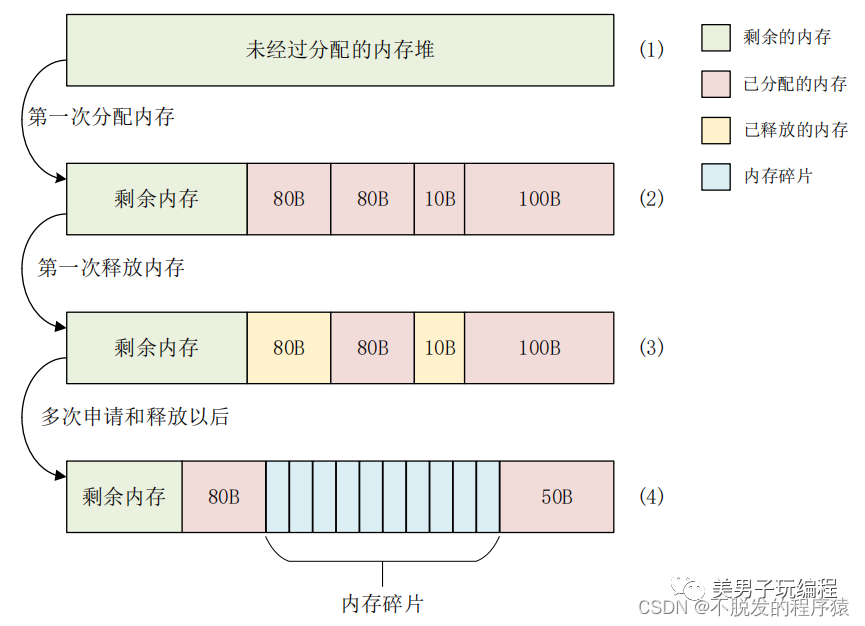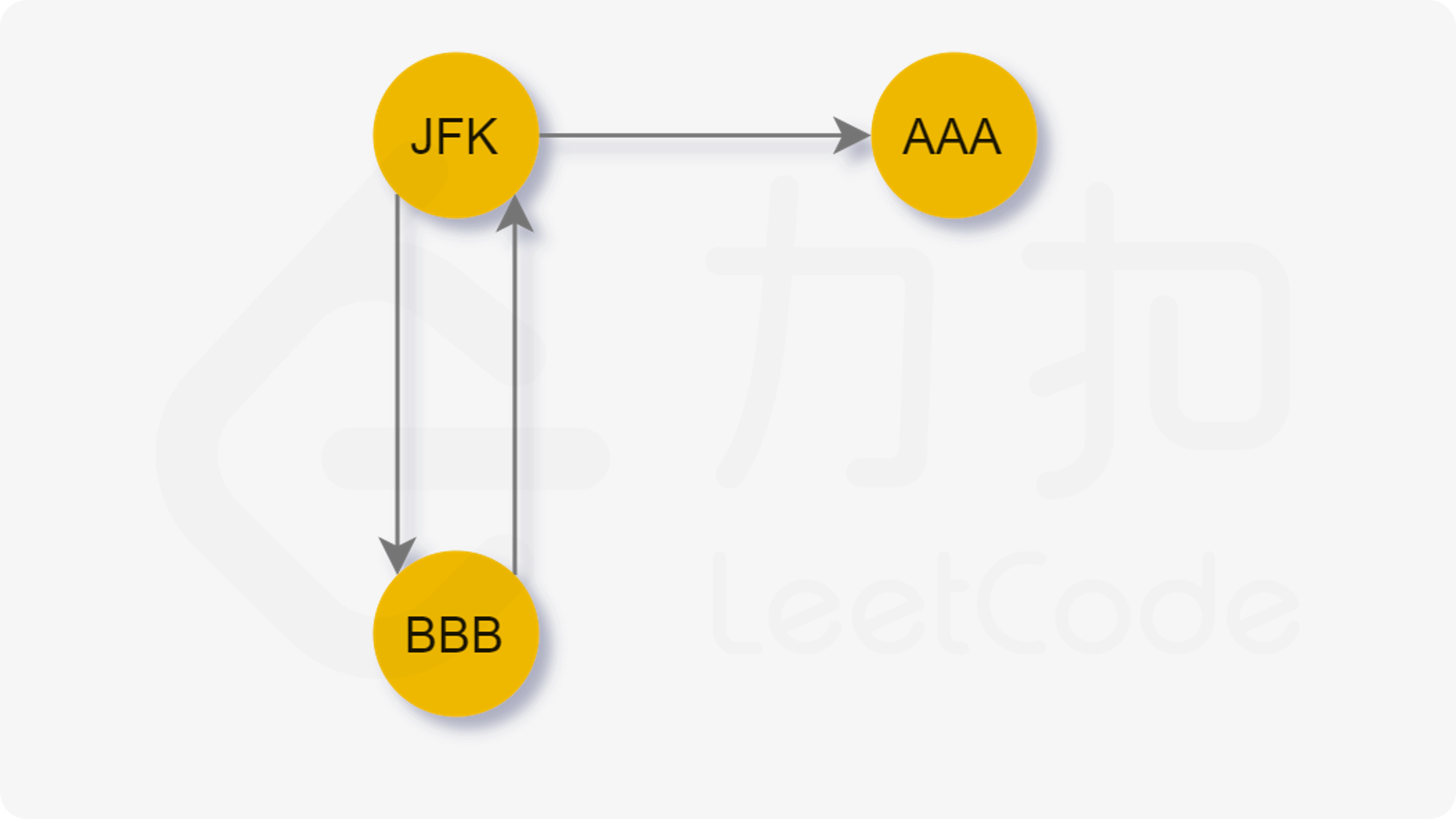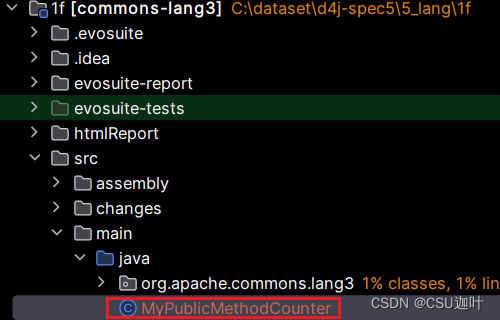简介: CSDN博客专家,专注Android/Linux系统,分享多mic语音方案、音视频、编解码等技术,与大家一起成长!
优质专栏:Audio工程师进阶系列【原创干货持续更新中……】🚀
人生格言: 人生从来没有捷径,只有行动才是治疗恐惧和懒惰的唯一良药.

1.前言
本篇目的:理解C++之std::get用法。
1.在C++中,std::holds_alternative是一个模板函数,用于检查给定的std::variant对象是否包含指定类型的值。它返回一个bool值,指示给定类型是否存在于std::variant中。
2.在C++中,std::get是用于从std::tuple和std::variant等类型中获取值的函数模板。它接受一个索引作为参数,并返回相应位置的值。
3.在C++中,std::variant是C++17标准引入的一种通用多态类型。它能够在一个单一的变量中存储不同的类型。std::variant的作用是提供了一种类型安全的方式来处理多个可能的类型。
std::variant可以存储一组预定义的类型之一,这些预定义类型称为“可选类型列表”。当创建一个std::variant对象时,你需要指定可选类型列表。这样,你就可以在这个std::variant对象中存储这些类型中的任意一个。
使用std::variant时,你可以使用std::get来获取存储在std::variant中的值,或者使用std::visit来对std::variant中的值进行多态处理。此外,还可以使用std::holds_alternative来检查std::variant中是否存储了特定的类型。
2.应用实例
<1>.v1.0: std::variant应用实例
#include <variant>
#include <iostream>
#include <string>
int main() {
std::variant<int, std::string> var;
var = 42; // 存储一个int类型的值
std::cout << std::get<int>(var) << std::endl; // 输出: 42
var = "Hello"; // 存储一个std::string类型的值
std::cout << std::get<std::string>(var) << std::endl; // 输出: Hello
return 0;
}
<2>.v2.0:std::holds_alternative用法
#include <iostream>
#include <variant>
#include <string>
int main() {
std::variant<int, double, std::string> myVariant = "Hello";
// 使用std::holds_alternative检查指定类型是否存在于variant中
bool isInt = std::holds_alternative<int>(myVariant);
bool isDouble = std::holds_alternative<double>(myVariant);
bool isString = std::holds_alternative<std::string>(myVariant);
std::cout << "isInt: " << isInt << std::endl; // 输出:isInt: 0
std::cout << "isDouble: " << isDouble << std::endl; // 输出:isDouble: 0
std::cout << "isString: " << isString << std::endl; // 输出:isString: 1
return 0;
}
<3>.v3.0: 对于std::tuple,std::get的用法。
#include <iostream>
#include <tuple>
int main() {
std::tuple<int, std::string, double> myTuple(42, "Hello", 3.14);
// 使用std::get获取tuple中的值
int intValue = std::get<0>(myTuple);
std::string stringValue = std::get<1>(myTuple);
double doubleValue = std::get<2>(myTuple);
std::cout << intValue << std::endl; // 输出:42
std::cout << stringValue << std::endl; // 输出:"Hello"
std::cout << doubleValue << std::endl; // 输出:3.14
return 0;
}
<4>.v4.0: 对于std::variant,std::get的用法。
#include <iostream>
#include <variant>
#include <string>
int main() {
std::variant<int, std::string, double> myVariant = 42;
// 使用std::get获取variant中存储的值
int intValue = std::get<int>(myVariant);
std::cout << intValue << std::endl; // 输出:42
// 尝试使用std::get获取不匹配的类型,会抛出std::bad_variant_access异常
try {
std::string stringValue = std::get<std::string>(myVariant);
} catch(const std::bad_variant_access& e) {
std::cout << "Error: " << e.what() << std::endl; // 输出:Error: std::bad_variant_access
}
return 0;
}
<5>.v5.0: std::holds_alternative、 std::variant实例
#include <iostream>
#include <variant>
#include <string>
#include <utility>
using namespace std;
using Elem = std::variant<std::monostate, int32_t, int64_t, double, std::string, std::pair<int64_t, int64_t>>;
int main() {
Elem e1 = 42;
Elem e2 = "Hello, world!";
Elem e3 = 3.14;
Elem e4 = std::make_pair(10, 20);
if (std::holds_alternative<int32_t>(e1)) {
int32_t value = std::get<int32_t>(e1);
cout << "e1 is an int32_t: " << value << endl;
}
if (std::holds_alternative<std::string>(e2)) {
std::string value = std::get<std::string>(e2);
cout << "e2 is a string: " << value << endl;
}
if (std::holds_alternative<double>(e3)) {
double value = std::get<double>(e3);
cout << "e3 is a double: " << value << endl;
}
if (std::holds_alternative<std::pair<int64_t, int64_t>>(e4)) {
std::pair<int64_t, int64_t> value = std::get<std::pair<int64_t, int64_t>>(e4);
cout << "e4 is a pair: (" << value.first << ", " << value.second << ")" << endl;
}
return 0;
}
<6>.v6.0 综合应用实例
#include <iostream>
#include <string>
#include<typeinfo>
#include <variant>
#include <map>
using namespace std;
class Item {
public:
template<typename S, typename T>
Item &set(S key, T value) {
printf("xxx---------->%s(), line = %d, key = %s, vlaue = %d\n",__FUNCTION__,__LINE__,key,value);
//findOrAllocateProp函数返回Prop对象然后,然后调用员函数set(),最终key值设置到mName, value设置到mElem中.
findOrAllocateProp(key).set(value);
return *this;
}
Item &setInt32(const char *key, int32_t value) {
printf("xxx---------->%s(), line = %d, key = %s, vlaue = %d\n",__FUNCTION__,__LINE__,key,value);
return set(key, value);
}
class Prop {
public:
using Elem = std::variant<std::monostate, int32_t, int64_t, double, std::string, std::pair<int64_t, int64_t>>;
//1.设置key值给mName
void setName(const char *name) {
printf("xxx---------->%s(), line = %d, name = %s\n",__FUNCTION__,__LINE__,name);
mName = name;
}
//2.将valuec传给mElem.
template <typename T> void set(const T& value) {
printf("xxx---------->%s(), line = %d, value = %d\n",__FUNCTION__,__LINE__,value);
mElem = value;
//获取mElem中的value值.
int32_t val = std::get<int32_t>(mElem);
printf("xxx---------->%s(), line = %d,val = %d\n",__FUNCTION__,__LINE__,val);
}
public:
std::string mName;
Elem mElem;
};
//findOrAllocateProp函数返回Prop对象然后,然后调用员函数set()
Prop &findOrAllocateProp(const char *key) {
auto it = mProps.find(key);//开始key对应的value为空.
if (it != mProps.end()){//不走此分支.
return it->second;
}
Prop &prop = mProps[key];
prop.setName(key);
printf("xxx---------->%s(), line = %d, key = %s, nName = %s\n",__FUNCTION__,__LINE__,key,prop.mName.c_str());
return prop;
}
std::map<std::string, Prop> mProps;
};
int main(){
Item it;
it.setInt32("Tom", 18);
}
<7>.v7.0
#include <iostream>
#include <string>
#include<typeinfo>
#include <variant>
#include <map>
using namespace std;
class Item {
public:
template<typename S, typename T>
Item &set(S key, T value) {
printf("xxx---------->%s(), line = %d, key = %s, vlaue = %d\n",__FUNCTION__,__LINE__,key,value);
//findOrAllocateProp函数返回Prop对象然后,然后调用员函数set(),最终key值设置到mName, value设置到mElem中.
findOrAllocateProp(key).set(value);
//Or
// Prop m_prop = findOrAllocateProp(key);
// printf("xxx---------->%s(), line = %d, key = %s, value = %d\n",__FUNCTION__,__LINE__,m_prop.mName.c_str(),std::get<int32_t>(m_prop.mElem));
return *this;
}
Item &setInt32(const char *key, int32_t value) {
printf("xxx---------->%s(), line = %d, key = %s, vlaue = %d\n",__FUNCTION__,__LINE__,key,value);
return set(key, value);
}
//key: mName; value:mElem.
class Prop {
public:
using Elem = std::variant<std::monostate, int32_t, int64_t, double, std::string, std::pair<int64_t, int64_t>>;
//1.设置key值给mName
void setName(const char *name) {
printf("xxx---------->%s(), line = %d, name = %s\n",__FUNCTION__,__LINE__,name);
mName = name;
}
//2.将valuec传给mElem.
template <typename T> void set(const T& value) {
mElem = value;
//获取mElem中的value值.
int32_t val = std::get<int32_t>(mElem);
printf("xxx---------->%s(), line = %d,val = %d\n",__FUNCTION__,__LINE__,val);
}
public:
std::string mName;//key
Elem mElem;//value
};
//findOrAllocateProp函数返回Prop对象然后,然后调用员函数set()
Prop &findOrAllocateProp(const char *key) {
auto it = mProps.find(key);//开始key对应的value为空.
if (it != mProps.end()){//不走此分支.
return it->second;
}
Prop &prop = mProps[key];
prop.setName(key);
return prop;
}
std::map<std::string, Prop> mProps;
};
int main(){
Item it;
it.setInt32("Tom", 18);
}



















